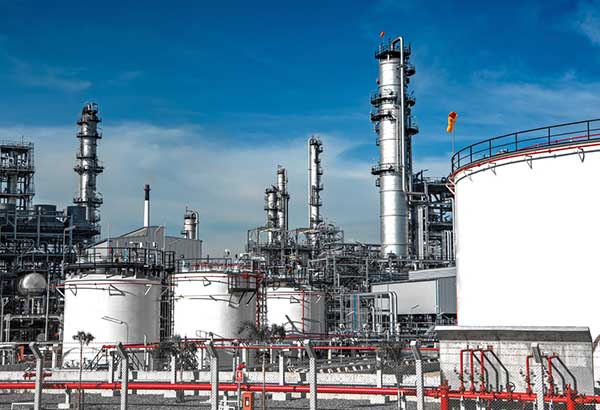
Oil and Gas Training Courses in Muscat
Empowering strategic decision-making and support long-term career development

Developing Clean Energy and Hydrogen Economy from Sustainable Ammonia Production

PMP Exam Preparation Training: The Project Management Professional
Training Courses in Muscat
Training Courses in Muscat provide a focused learning environment where professionals can refine skills, adopt new strategies, and align with industry demands. As Oman’s capital and economic center, Muscat offers a unique blend of cultural depth and business advancement, making it an ideal location for impactful training experiences. These courses are developed to meet the challenges of a fast-evolving global market while remaining grounded in practical applications. Training Courses in Muscat are structured to deliver actionable insights and proven techniques that support operational efficiency and continuous performance improvement.
Why Choose Training Courses in Muscat to Elevate Your Skills?
Training Courses in Muscat combine expert instruction with hands-on approaches to learning, ensuring each session delivers value beyond the classroom. PetroKnowledge focuses on developing training content that meets international standards while addressing the specific needs of today’s professionals. Participants to these training courses are encouraged to think critically, engage actively, and apply what they learn to real business challenges. The interactive setting enhances retention and allows for the exchange of ideas across industries. Whether your goal is to lead more effectively or optimize performance, training courses in Muscat provide the knowledge and confidence to succeed.
Achieve Excellence with PetroKnowledge Training Courses in Muscat
Training Courses in Muscat offer the ideal platform for professionals to build lasting competencies and drive change within their organizations. With PetroKnowledge, every course is led by industry practitioners who bring deep expertise and real-world perspective into each session. Training Courses in Muscat are designed to help professionals improve performance, lead with vision, and stay competitive in today’s rapidly evolving business landscape. Through focused learning and practical insights, participants gain the tools to solve complex problems and make informed decisions that move their careers forward.
In Muscat - Oman, the following majors are also available:
- Natural Gas courses in Muscat
- Petroleum Refining courses in Muscat
- Health, Safety & Environment courses in Muscat
- Exam Preparation Courses in Muscat
- Sustainability & Energy Transition courses in Muscat
- Petroleum Marketing & Trading courses in Muscat
- Project Management courses in Muscat
- Finance & Accounting courses in Muscat




